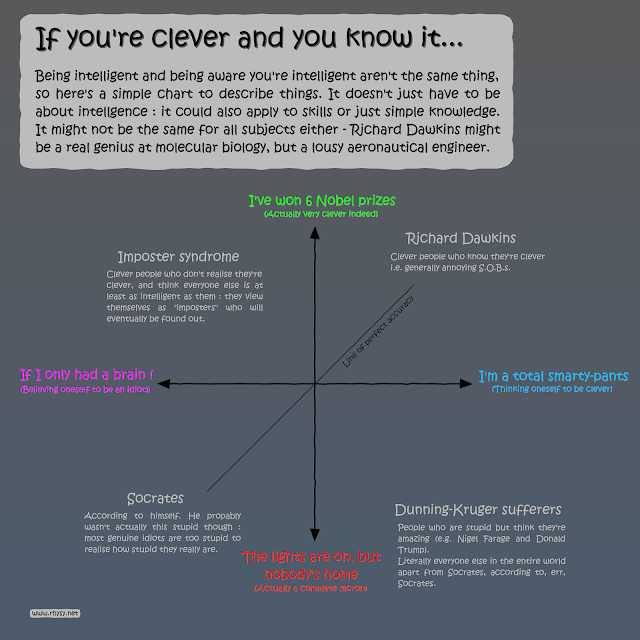We all now this never happens, but it’s good to be prepared.
The Muse explains how to deal with a difficult boss: 10 Brilliant Tips for Dealing With a Difficult Boss -The Muse
“In an ideal world, we would all have fantastic managers—bosses who helped us succeed, who made us feel valued, and who were just all-around great people. Unfortunately, that’s not always the case. But, whether the person you work for is a micromanager, has anger management problems, shows favortism toward one person, or just isn’t very competent, you still have to make the best of the situation and get your job done. To help out, we’ve gathered the best advice from around the web for dealing with a bad boss. Try one or more of these tips to find some common ground with your boss—or at least stay sane until you find a new gig.”
And Workitdaily has a good read about 5 Ways To Deal With An Incompetent Boss | CAREEREALISM … :
“While it can be frustrating to have an incompetent boss, an incompetent boss can seriously damage or derail your career. If they do have a serious lack of knowledge, we know that they can do nothing to grow you as an employee which means any growth will be yours to make happen. Let’s look at the potential damage they can inflict and what you can do to minimize or avoid.“



